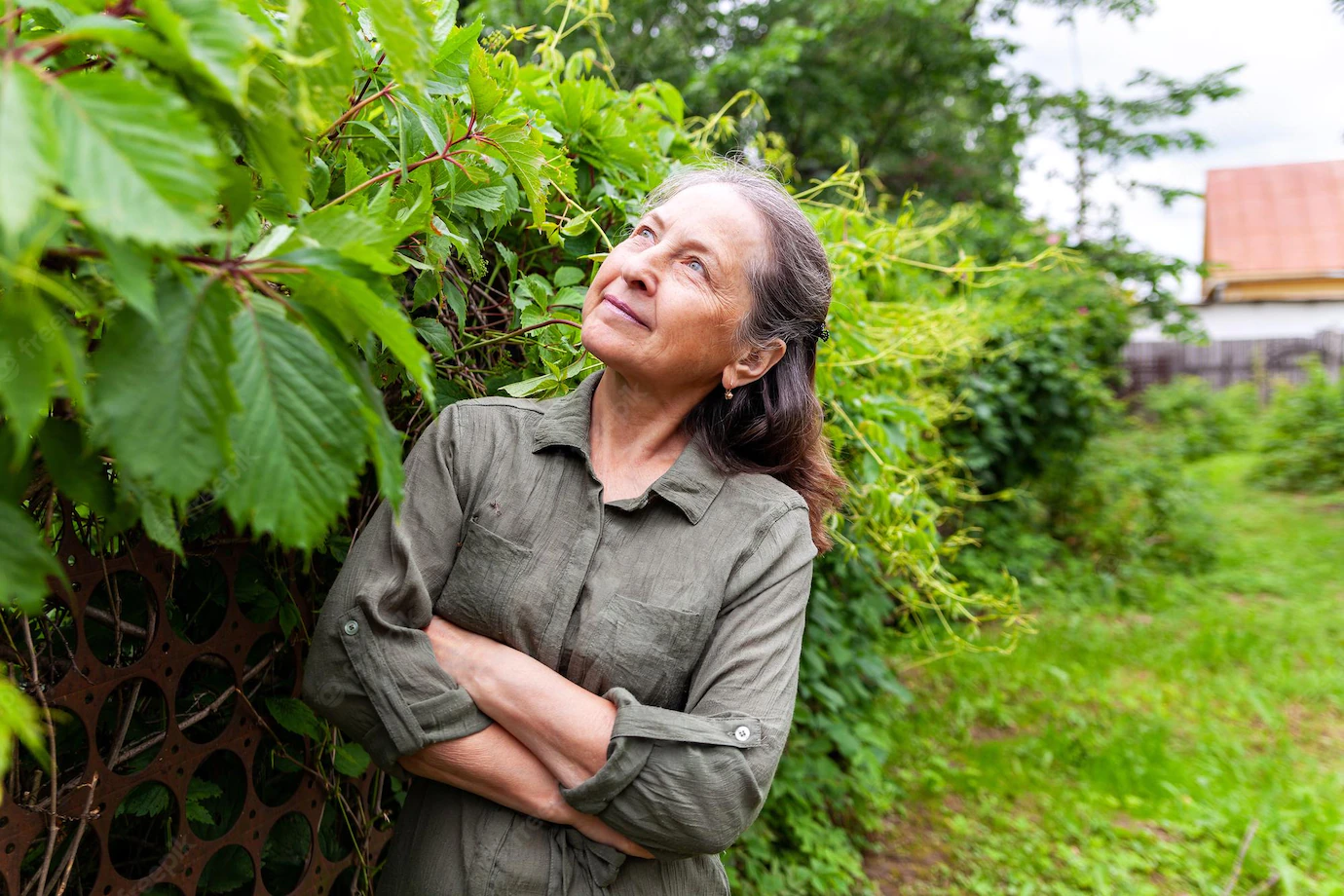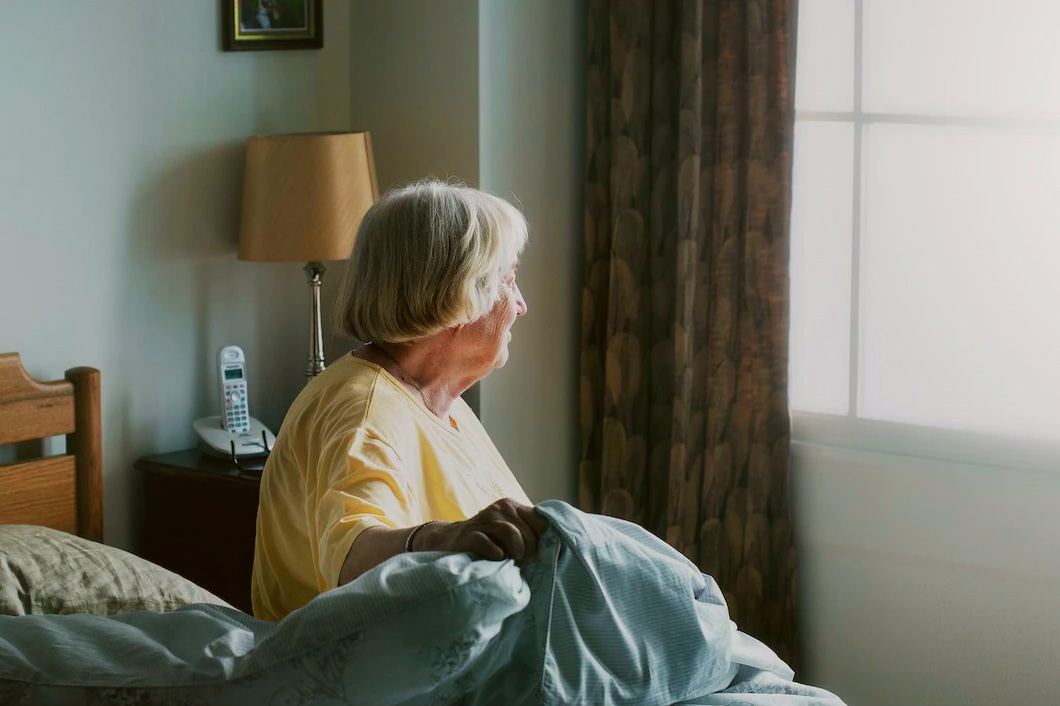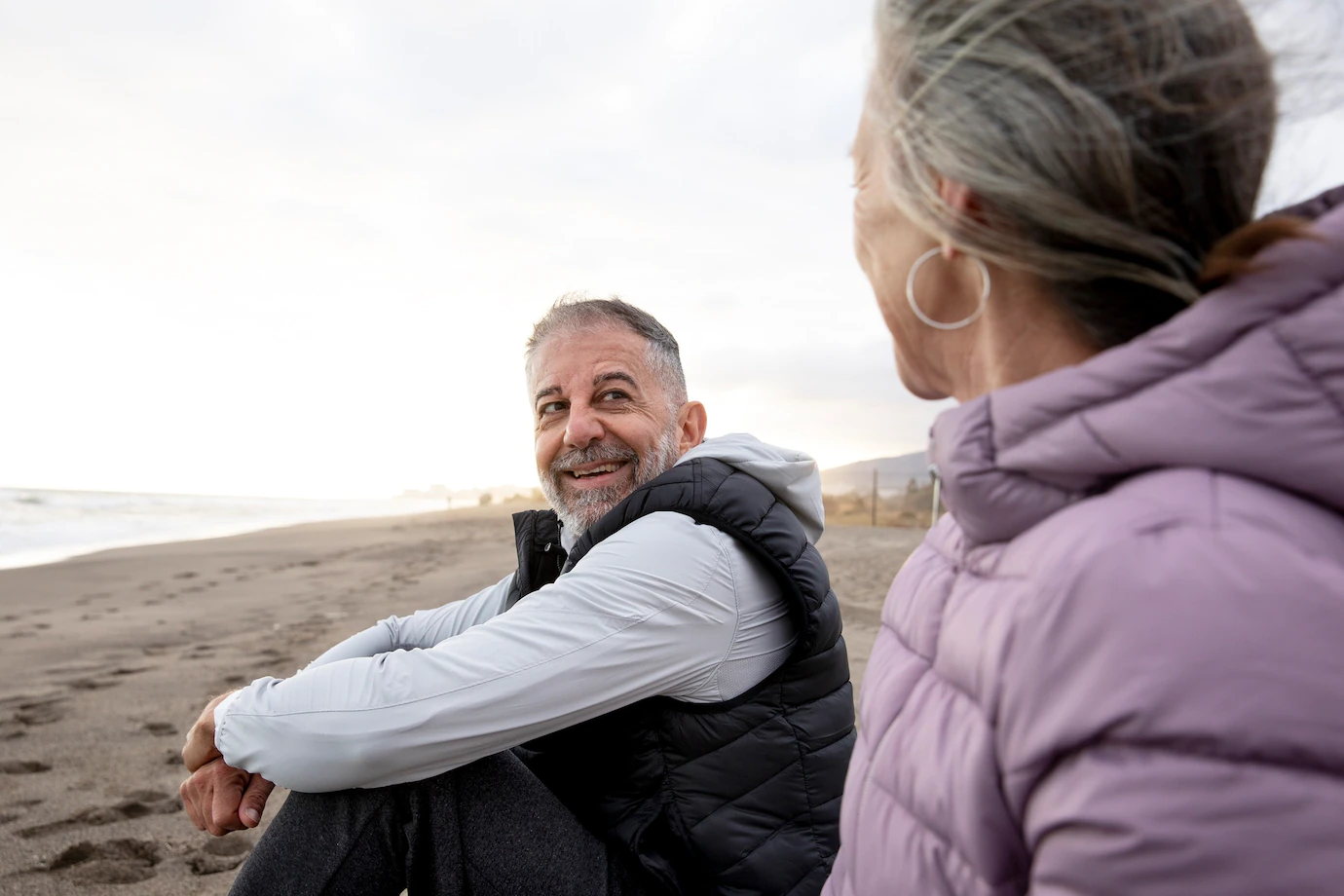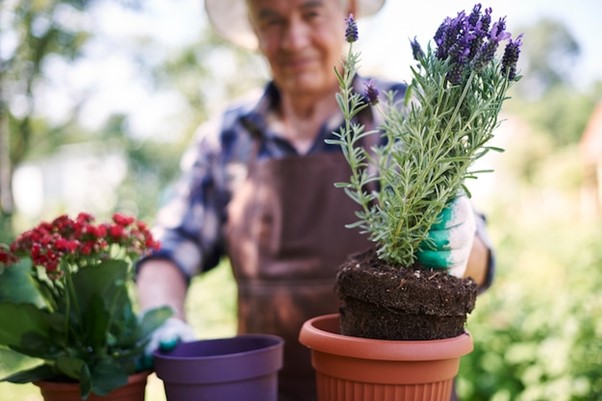It’s sometimes fairly easy to tell when your physical health is off in some way shape or form, but poor mental health can be trickier to recognise and diagnose.
While depression is common in Australians of all ages, over 50s and older people are more likely to experience contributing factors such as illness and personal loss. And according to Beyond Blue, many people over 65 feel there is a stigma attached to depression and anxiety, making them less likely to talk about it or seek help. In particular, older people often view mental health issues as weaknesses or a character flaw, rather than a genuine health condition.
Risk factors for mental health disorders

While anyone can experience anxiety or depression at some stage in their life, there are some factors that can increase the likelihood. These include chronic pain or disease, or side effects from medications. Other factors such as experiencing a loss, being admitted to hospital, or the anniversaries of painful events can also cause mental health conditions.
Signs and symptoms to look out for

Everyone feels sad, down or worried from time to time, and this doesn’t necessarily mean they’re experiencing anxiety or depression. But when behavioural changes last two weeks or more, there might be something more to it. Signs and symptoms for both anxiety and depression could be physical symptoms, or could manifest as changes to behaviours, thoughts or feelings. Click here to see a comprehensive list of signs and symptoms of anxiety and depression in older people.
How to get help

If you feel you may be down or anxious, the first step is to have a conversation with someone you trust, whether it’s a family member, friend or GP. While it may be difficult to discuss, this conversation can go a long way in helping others to support you. A GP in particular can diagnose any conditions, discuss treatment options, and refer you to a specialist such as a psychologist or psychiatrist.
Ways to improve your mental health

Looking after your mental wellness can look very similar to looking after your physical health. Eat a healthy diet, incorporate regular physical activity into your week, and regularly make time for the things that make you happy. Practising mindfulness and gratitude for everything you have in your life is also a great way to counteract unhelpful thoughts.
The other key factor for improving your mental health is staying connected with others. Maintaining relationships with family and friends, and meeting new people, can help prevent any feelings of loneliness. And keep your mind active by trying something new, and staying engaged in your local community.
AVA Communities lifestyle villages are designed with over 50s wellness in mind, and offer a wide range of ways to help residents stay mentally healthy. When you live at one of the lifestyle villages, you’ll quickly feel at home and be welcomed as part of the community. You can keep active with exclusive health facilities right on your doorstep, meet new neighbours at the community centre and go on a day trip together, or learn a new skill at one of the regular classes held on-site.
Looking for over 50s lifestyle living? The AVA Communities lifestyle villages at Geelong and Yarrawonga are designed to support over 50s wellness, and make it easier for you to find ways to keep your mind healthy, active and firing. Click here to find out more.





